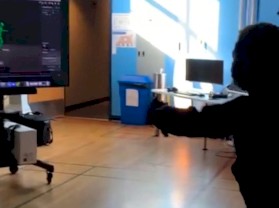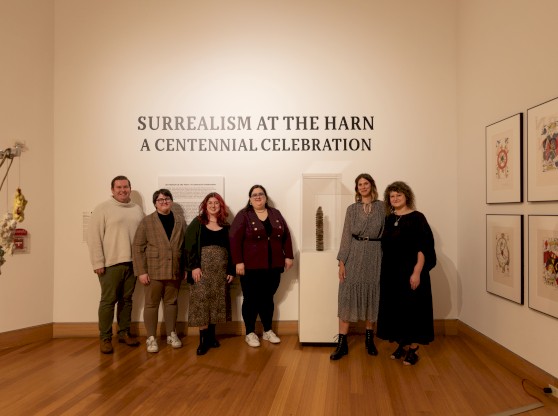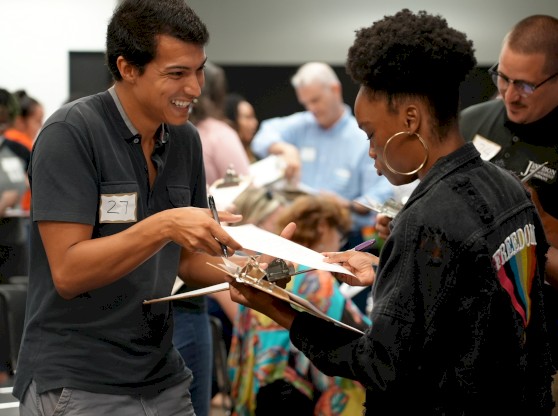Sara Flatow (B.S. Advertising ’88) just wants marching bands to be heard. A former band member herself, including time spent in the Gator Marching Band, Flatow knows firsthand how being part of a band, or the arts in general, can make a positive influence in a student’s academic and personal life.
“In a band you have your percussions, saxophones, clarinets, but everyone is important and plays a role,” says Flatow. “To understand that and have a harmonious ensemble is very much like life.”
Making this fact known to the public is why she is creating Marching Beyond Halftime, a documentary focusing on just how critical a solid music education is.
“I want to show the reality of band, meaning what it really does for a person, our society and our culture,” says Flatow. “The skills you learn in band have far-reaching effects and make a huge impact on your life after band.”
Flatow, a producer who creates behind-the-scenes material for popular TV shows such as How to Get Away with Murder, Scandal and Grey’s Anatomy, knew she wanted to create a film, but the subject matter was unclear until she came into contact with band directors from schools she attended.
One of them happened to be Cynthia Berry, director of bands for Lake Brantley High School in Altamonte Springs, Florida. Flatow saw just how dynamic Berry’s marching band was and decided to create a film dedicated to how great bands are both on and off the field.
“I get very frustrated when I see bands in films or in television because they’re always really bad; I’ve never seen a good band,” says Flatow. “I thought, ‘That’s not the reality of how it is.’ There are great bands out there.”
In the documentary, Flatow features interviews with Berry and her students, as well as footage of their dedication to creating the perfect routine. Additionally, she includes interviews with neurologists and school employees, among other professionals, who give insight into the measureable benefits music education has on students.
“One of the interviewees I spoke with said that sight reading music lights up the brain in only the way that epileptic seizures do; it is that intense,” says Flatow. “There is nothing that even comes close.”
One group in particular she intends to educate with the film is policymakers. With a nationwide push to achieve higher scores in the core academics, many school boards are cutting funding for the arts.
“[Policymakers] prioritize testing and core subjects, but they don’t relate the fact that the arts can teach skills that can enhance academics,” says Flatow.
In fact, according to the National Association for Music Education, schools with music programs have a 90.2% graduation rate, as opposed to a 72.9% graduation rate in those without.
“Core academics are important, but they aren’t more important than the arts,” says Flatow.
However, with the abundance of inspiring stories to tell and the overwhelming amount of positive feedback she’s received, Flatow is confident the Lake Brantley marching band will display just how important a thriving music program is to schools.
“The creative thinking, multitasking, leadership and community that you get from band and the arts are the things that are really going to mean the most in life,” says Flatow.
Flatow and the Marching Beyond Halftime crew have completed a large amount of the filming, but they still need support to complete production and to send a copy of the final documentary to every member of Congress. To learn more about their project, visit www.marchingbeyondhalftime.com.


